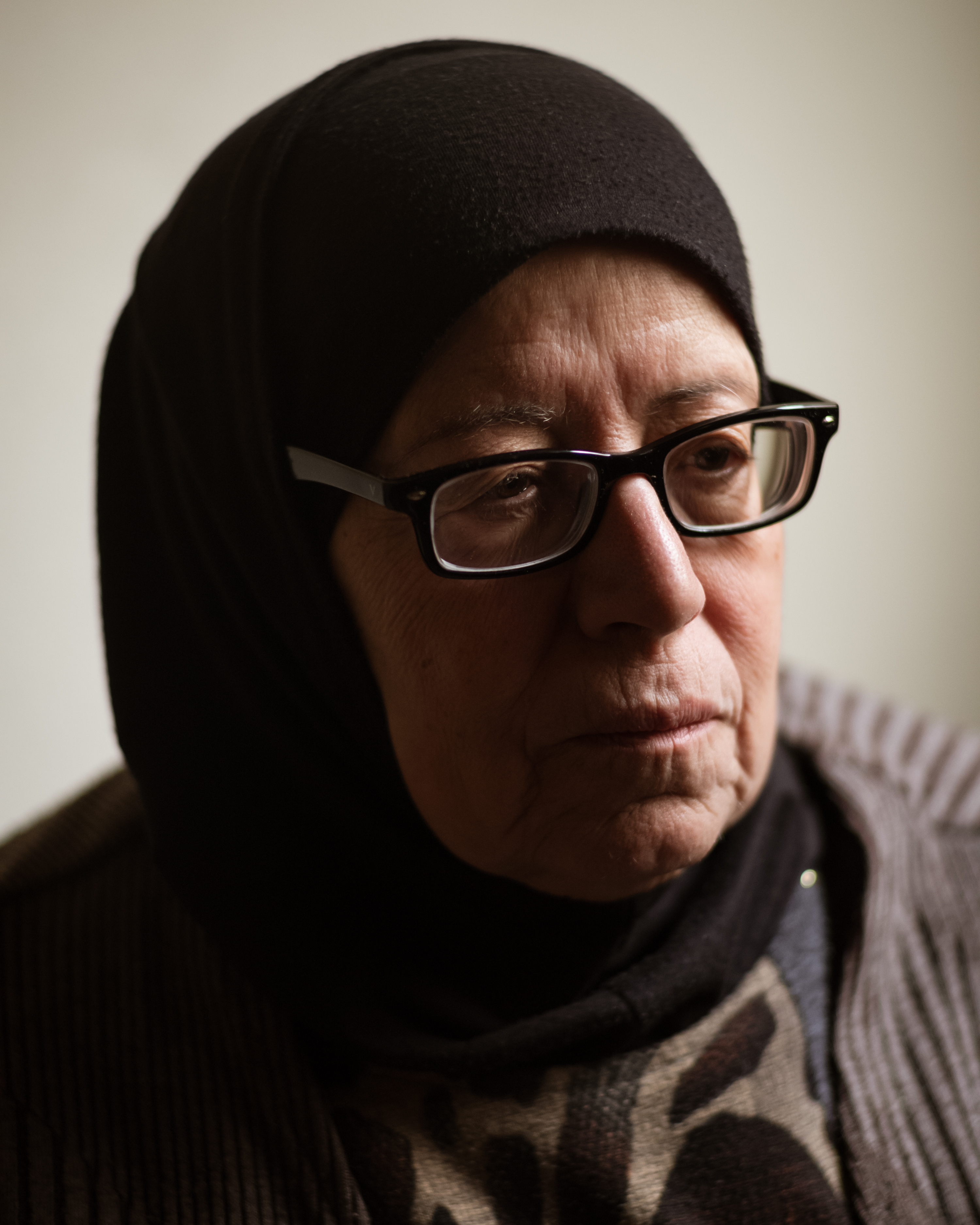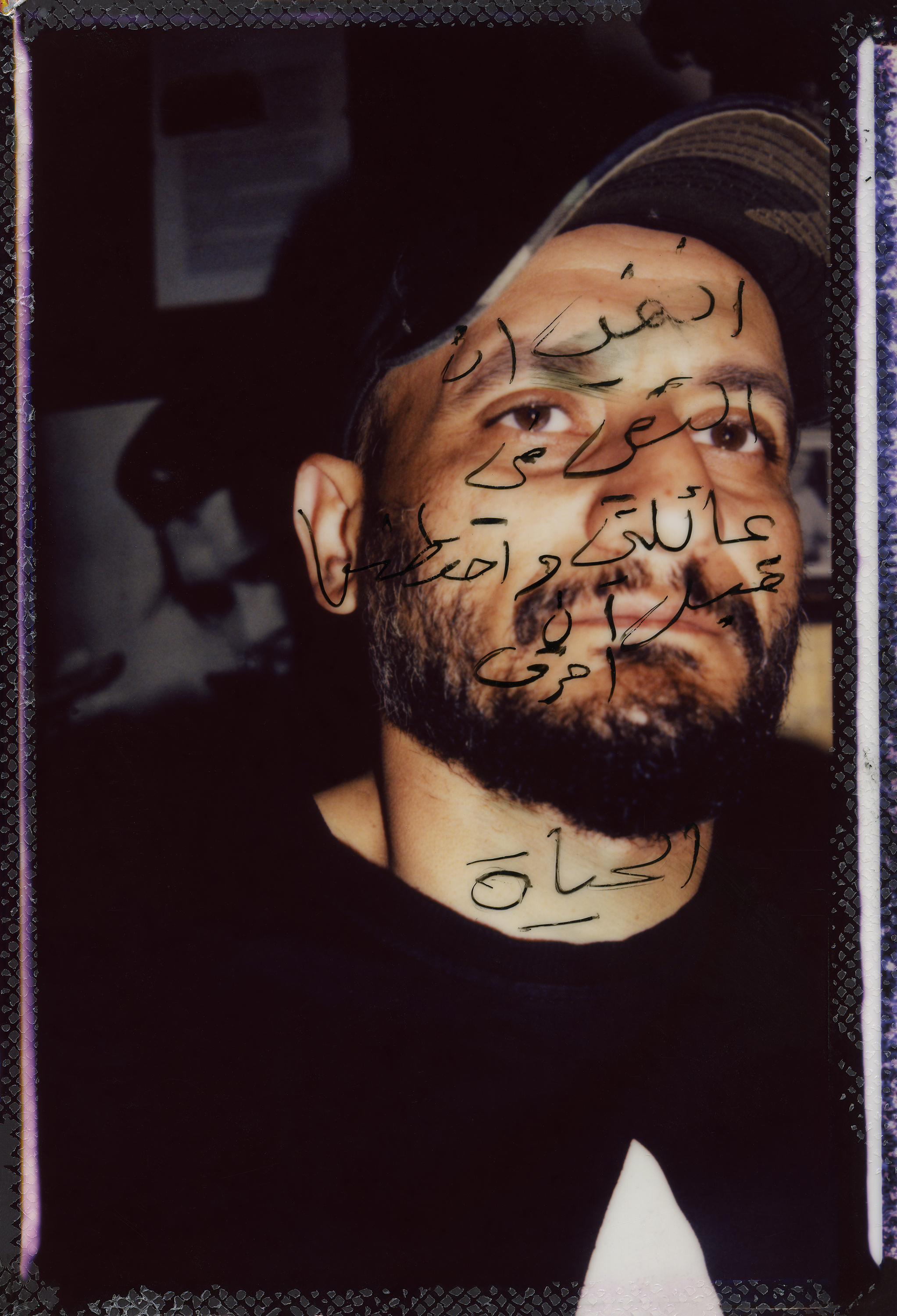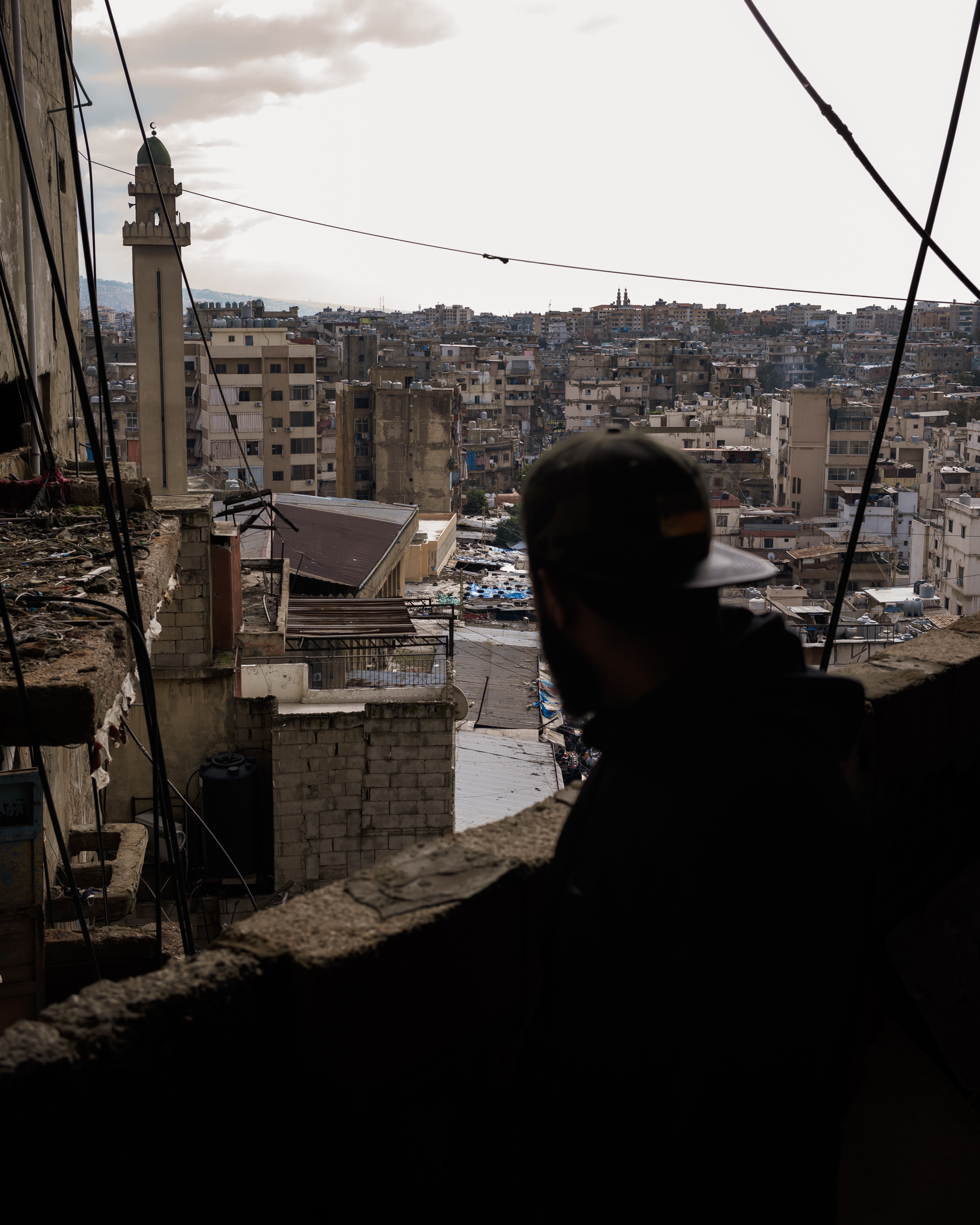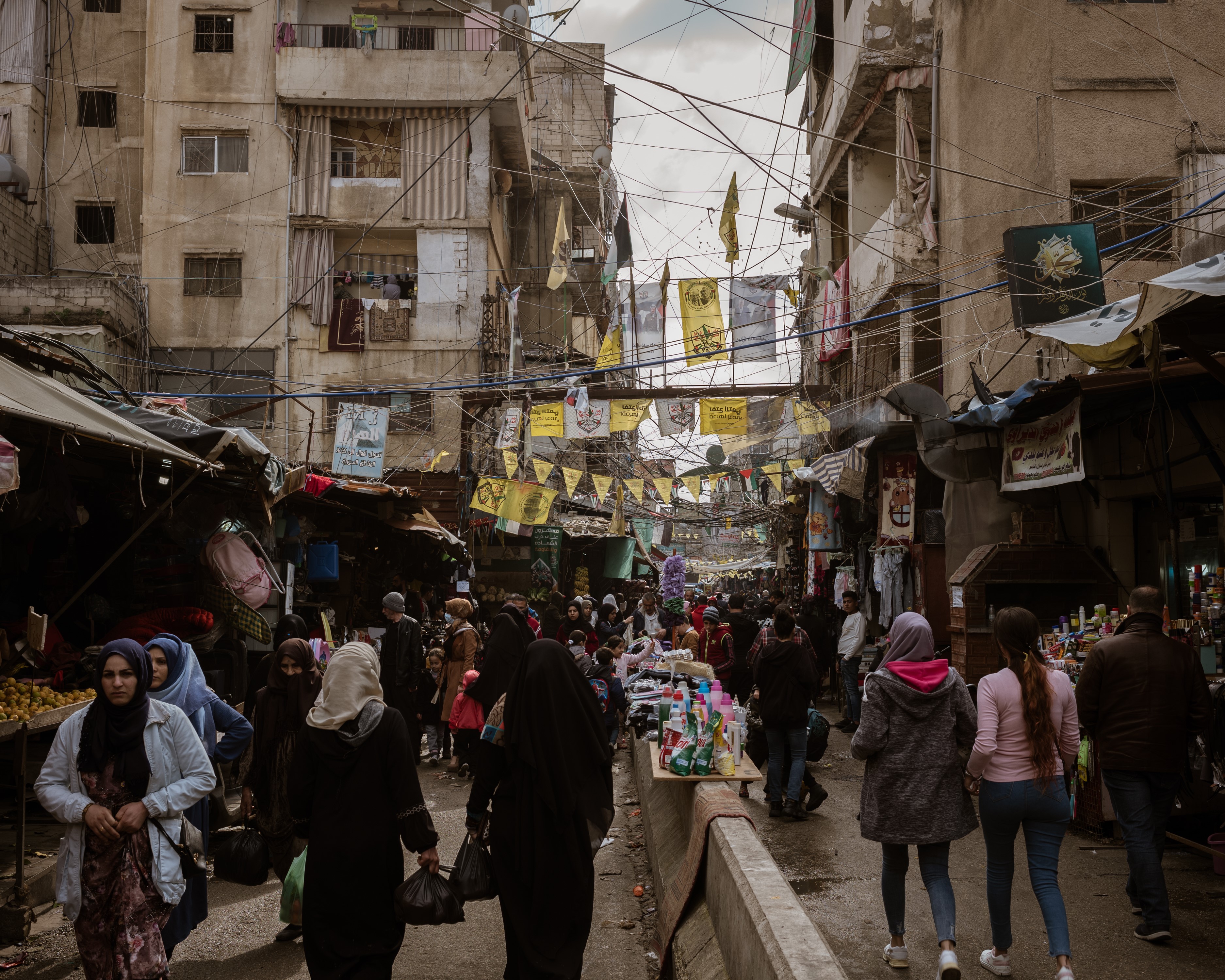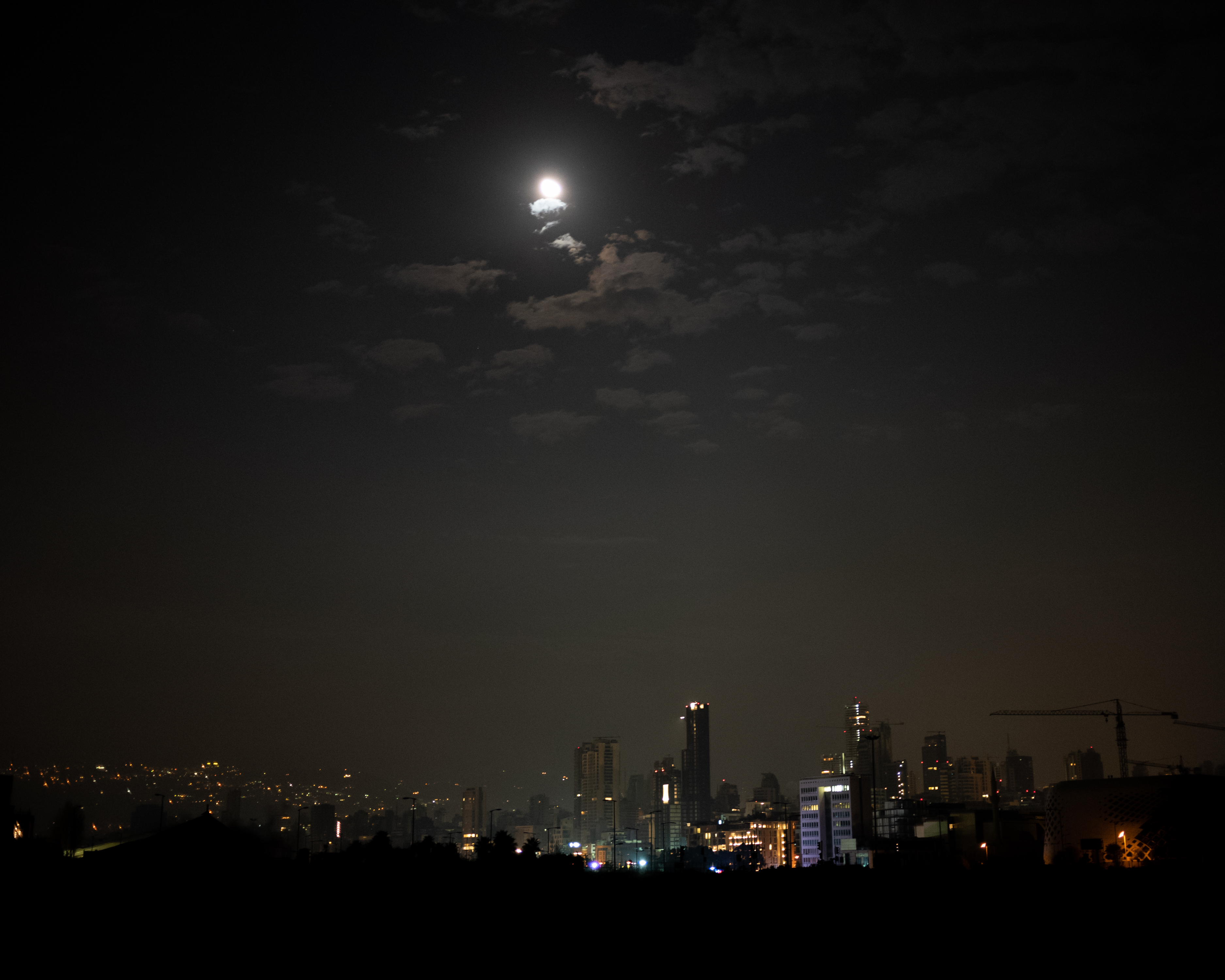A passport, which for a citizen of the West is a key to the world, has become a worthless document for Hadia Jabali, whose Palestinian passport is not recognized by immigration officials. Her homeland, which she was forced to flee, has been riven by wars and political volatility. Today she lives in Lebanon, alone. Without a recognized passport, she cannot join her adult children in Europe.
Photo: Agata Grzybowska
“I was born in 1948, the year of the Nakba. My homeland is Haifa in Palestine. When I was just forty days old, my parents took me to Syria. I once had a house. I worked for the UNRWA. I studied law. Now I am seventy-four years old. One day, I looked up and found I had nothing left.”
Hadia now lives in Lebanon. “Last summer I was alone,” she said. “I was very ill. I fell to the ground due to high blood pressure, losing my memory. I gave the keys to my house to the neighbor, just in case. If I were strong, or if my husband was with me, I would not have a problem, but I am old and weak. My children have gone. One daughter flew from Lebanon to Egypt, then made it across the water to Italy. It took six days. My second daughter, Suad, arranged transport for her from Italy to Austria. From Austria she went to Sweden, where she stayed. Their brother, Bassel, left the country by plane. He was arrested in the Netherlands. He was trying to reach his sister in Austria, but he did not succeed.”
Hadia’s family has attempted to get their mother out of Lebanon. They hired an expensive lawyer, but he only took their money without helping. Hadia applied for a Schengen Visa several times, but each time was refused on account of her Palestinian passport. “This is not a real passport,” she was told. And yet it is the only such document she has.
“My husband’s parents died at sea on a journey from Palestine to Jordan when he was three months old. Drowned. Many decades later, history came full circle. On September 6, 2014, my husband drowned in the Mediterranean Sea aboard a ship carrying 200 Palestinians. The sinking was apparently connected to a Mossad attack. The route of his journey was from Syria through Egypt to Gaza. That night he called me. It was our last conversation.”
Footnotes
- “The Nakba, also known as the Palestinian Catastrophe, was the destruction of Palestinian society and [its] homeland in 1948, and the permanent displacement of a majority of the Palestinian Arabs. […] The foundational events of the Nakba took place during and shortly after the 1947–1949 Palestine war, including 78% of Mandatory Palestine being declared as Israel, the exodus of 700,000 Palestinians, the related depopulation and destruction of over 500 Palestinian villages and subsequent geographical erasure, the denial of the Palestinian right of return, [and] the creation of permanent Palestinian refugees”; en.wikipedia.org/wiki/Nakba [accessed October 18, 2022].

